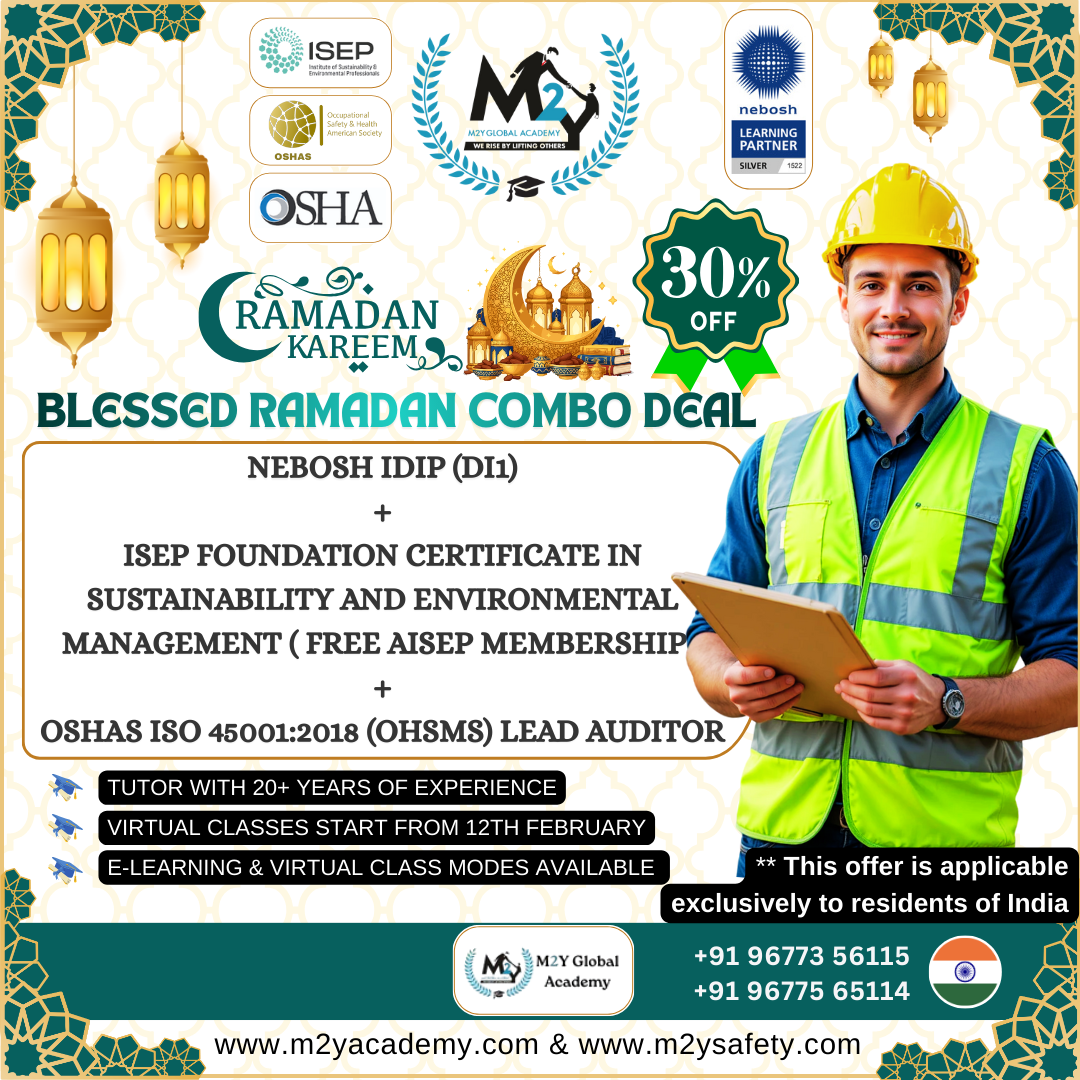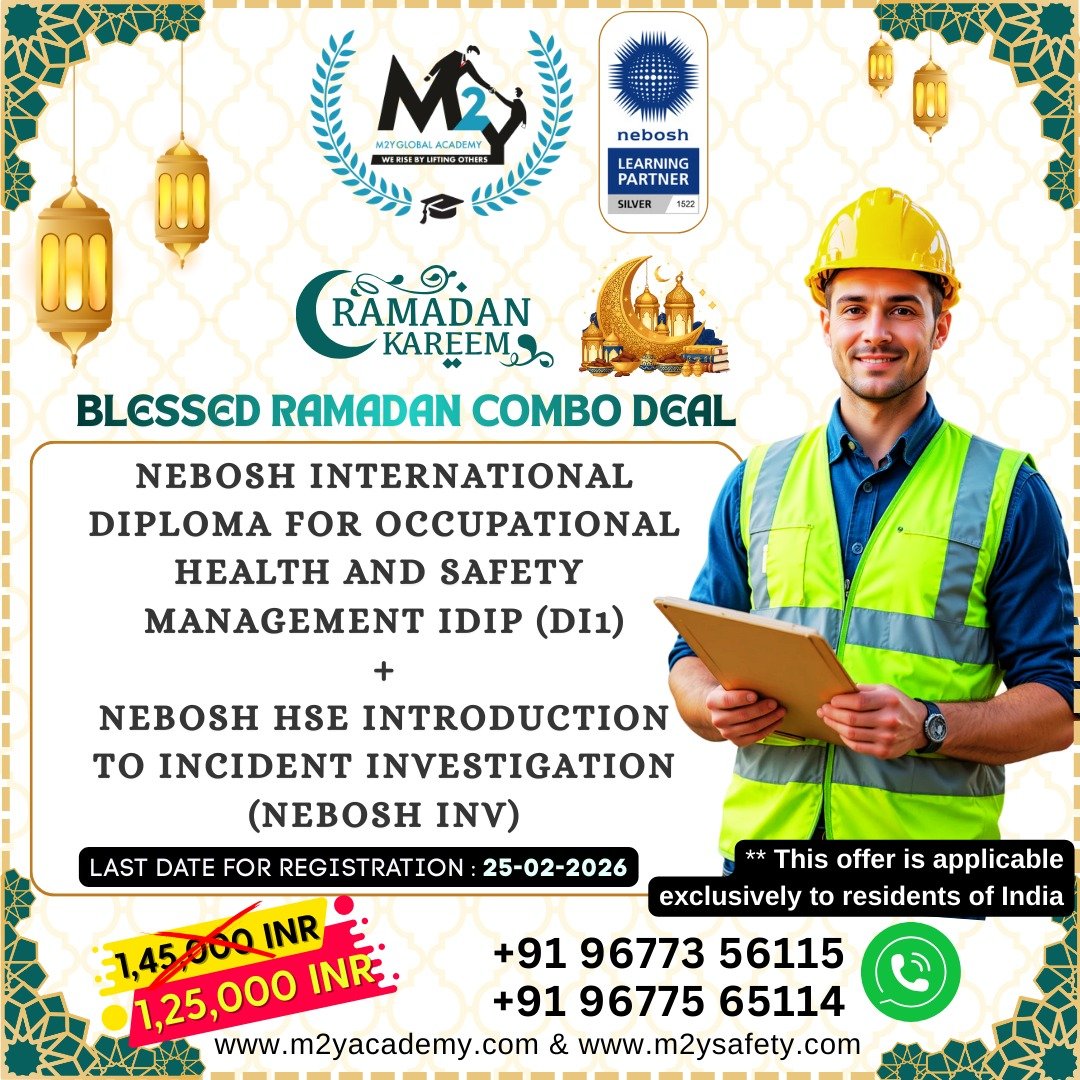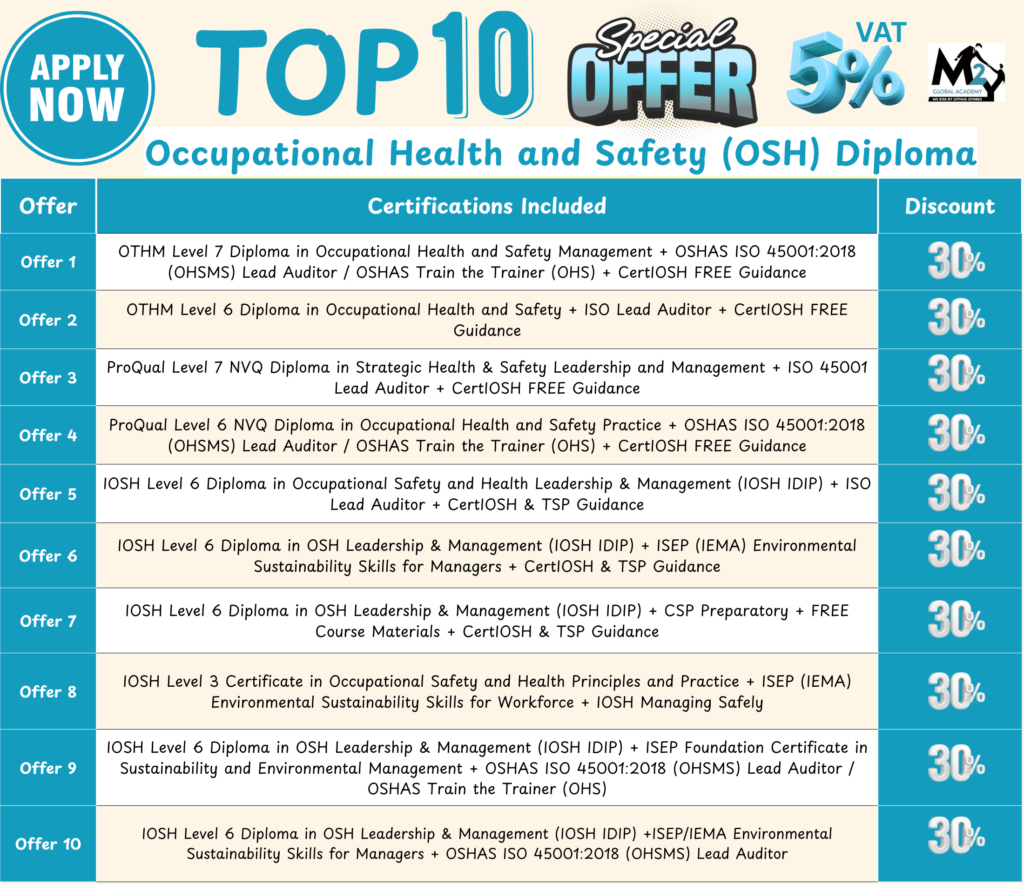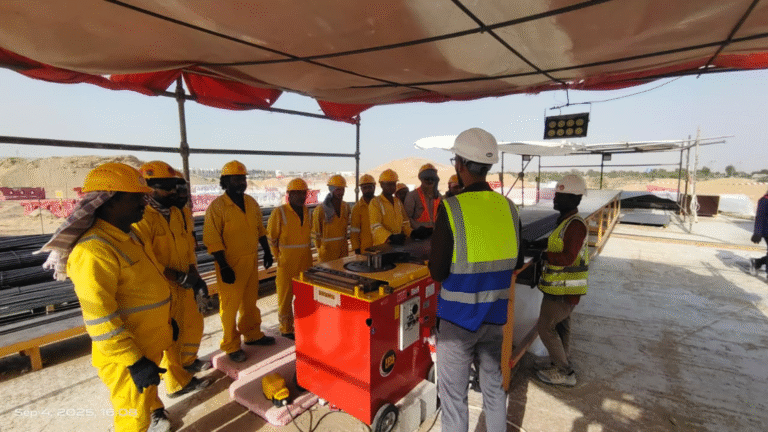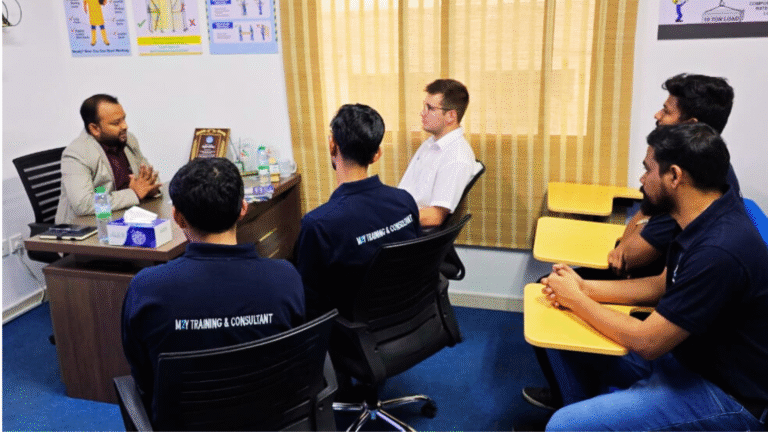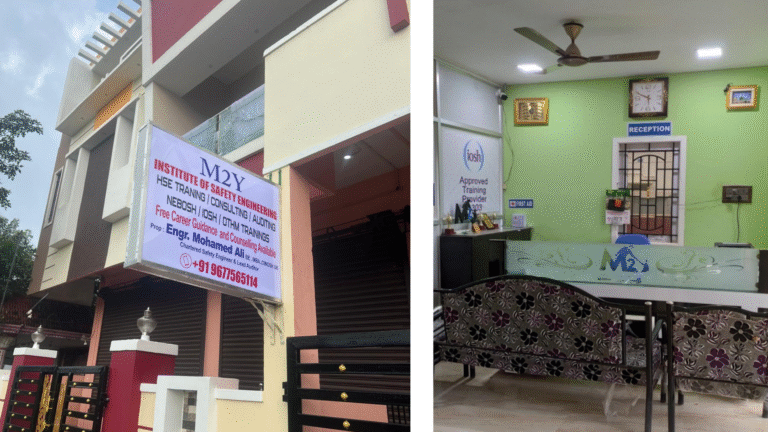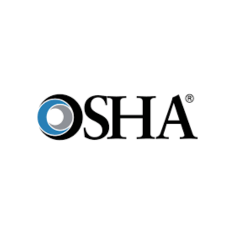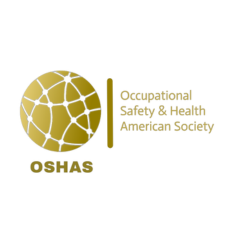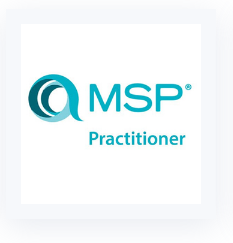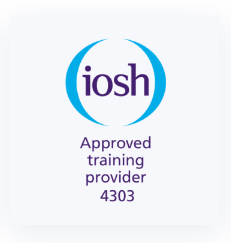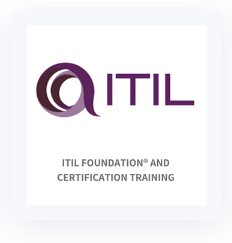HACCP Certification
A Complete Guide for Safer Food Handling and Compliance
Feeling Pressured by Food Safety Demands? You’re Not Alone.
If you’re a food business owner, quality manager, or someone working in food production or catering, you’ve probably faced this overwhelming question:
“How can I ensure my food safety system is truly effective and meets industry standards?”
The pressure is real. One small mistake in food safety can lead to product recalls, legal penalties, or even consumer illnesses. Customers today are not just expecting delicious food — they want safe food, too.
This is where HACCP Certification becomes not just important, but essential. Whether you run a commercial kitchen or manage a food processing plant, HACCP helps you implement a science-based, preventive system that safeguards public health — and your brand.
Let’s break it down and explore what HACCP Certification is, why it matters, and how you can achieve it without losing your mind (or your margins).
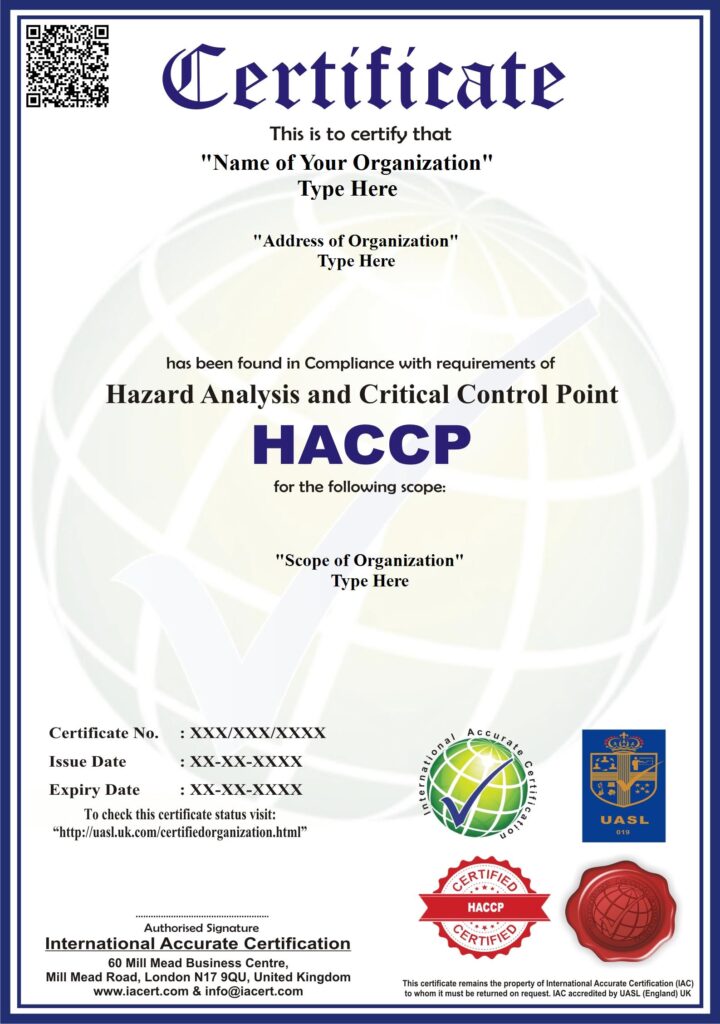
What Is HACCP Certification, and Why Should You Care?
HACCP stands for Hazard Analysis and Critical Control Points — a globally recognized food safety management system developed by NASA in the 1960s to ensure food safety for astronauts.
Today, HACCP is the gold standard in food safety across manufacturing, hospitality, catering, and retail.
HACCP Certification is proof that your organization:
Follows a systematic, preventive approach to food safety
Identifies, evaluates, and controls hazards throughout the supply chain
Complies with national and international food regulations
✅ Why Is This Certification So Critical?
Regulatory Requirement: Many countries require HACCP implementation for food businesses (e.g., USDA in the US, FSSAI in India, EU regulations).
Prevents Foodborne Illness: According to the CDC, 1 in 6 Americans gets sick from contaminated food each year.
Boosts Market Access: HACCP-certified companies have better access to global markets and can participate in international supply chains.
Builds Consumer Trust: Certification gives your customers peace of mind that your products are safe.
💬 “HACCP helped us pinpoint vulnerabilities we didn’t even realize were there. After implementation, our inspection scores improved drastically.”
— Maya R., QA Manager, Seafood Processing Unit
What Does the HACCP System Actually Involve?
HACCP follows 7 core principles that work together to control food safety risks.
Conduct a hazard analysis
Identify potential biological, chemical, or physical hazards in your food production process.Determine critical control points (CCPs)
Points where you can control or eliminate hazards (e.g., cooking temperature, chilling).Establish critical limits
Define measurable safety limits — for example, cook chicken to 165°F to kill pathogens.Monitor CCPs
Track each critical control point using tools like thermometers or pH meters.Establish corrective actions
Set procedures for when monitoring shows a deviation from critical limits.Establish verification procedures
Ensure your HACCP system is working through audits, calibration, and reviews.Keep documentation and records
Maintain logs, charts, and reports for accountability and inspections.
📝 For a more detailed breakdown, visit the FDA’s HACCP Principles Guide.
Who Needs HACCP Certification?
While HACCP benefits all types of food businesses, it is especially important for:
Food Manufacturers & Processors
Dairy, Meat, Poultry, and Seafood Plants
Catering Companies
Packaged Foods & Beverages
Hospital Kitchens and Healthcare Caterers
Cold Storage & Distribution Centers
Even small food businesses like local bakeries and home-based food entrepreneurs are adopting HACCP to stay compliant and gain customer trust.
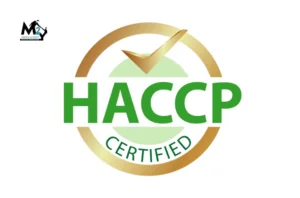
How to Get HACCP Certified: A Step-by-Step Guide
Getting HACCP certified involves more than just passing a test — it’s about building a culture of safety.
1. Choose the Right Training Provider
Select an accredited training body that provides globally accepted HACCP training. Examples include:
NSF International
SAI Global
Bureau Veritas
Intertek
Alison (for free introductory HACCP courses)
2. Complete the HACCP Training
Most providers offer:
HACCP Level 1 & 2 (Introductory for food handlers)
HACCP Level 3 & 4 (For supervisors, managers, auditors)
Courses are available both online and in-person, typically ranging from 6 to 24 hours.
3. Implement the HACCP System
Use what you’ve learned to develop a full HACCP Plan, with documented procedures and risk analysis.
4. Undergo External Audit
Accreditation bodies will assess your compliance through an on-site audit or remote verification.
5. Receive Certification
Once approved, your business will receive a HACCP certificate, often valid for 1 to 3 years, depending on the audit cycle.
Real-Life Example: How HACCP Saved a Bakery from Disaster
One mid-sized bakery in Texas nearly lost its retail contract with a major grocery chain due to multiple contamination complaints.
After hiring a food safety consultant and adopting a HACCP-based plan, they identified cross-contamination during ingredient mixing. Implementing new controls and staff retraining led to a 30% drop in customer complaints and a successful reinspection within 3 months.
Now, they use their HACCP Certification as a marketing tool on their packaging and website.
Tools and Templates to Help You Build Your HACCP Plan
Need help getting started? These tools are invaluable:
Also, consider using digital apps like iAuditor or Safefood360 for real-time monitoring and documentation.
📖 Common Questions About HACCP Certification
No. ISO 22000 is a broader food safety management standard, while HACCP is a component of ISO 22000.
In many countries, yes — especially for manufacturers and high-risk sectors. Always check your local food safety authority.
Absolutely not. Even small food businesses benefit from HACCP implementation.
Final Thoughts: Is HACCP Certification Worth It?
Yes, and here’s why:
In today’s world of rapid recalls, food fraud, and health-conscious consumers, food safety is non-negotiable. HACCP Certification isn’t just a regulatory checkbox — it’s a competitive edge, a trust-builder, and a system that can literally save lives.
If you’re serious about delivering safe, high-quality food, HACCP is the gold standard to follow.
👉 Next Steps: How You Can Get Started Today
🔍 Research training providers in your region or online.
📥 Download the USDA’s free HACCP Plan Builder.
💬 Talk to a food safety consultant if you’re just getting started.
Safe food starts with you.
Take the first step today — because when it comes to food safety, prevention is always better than reaction.

